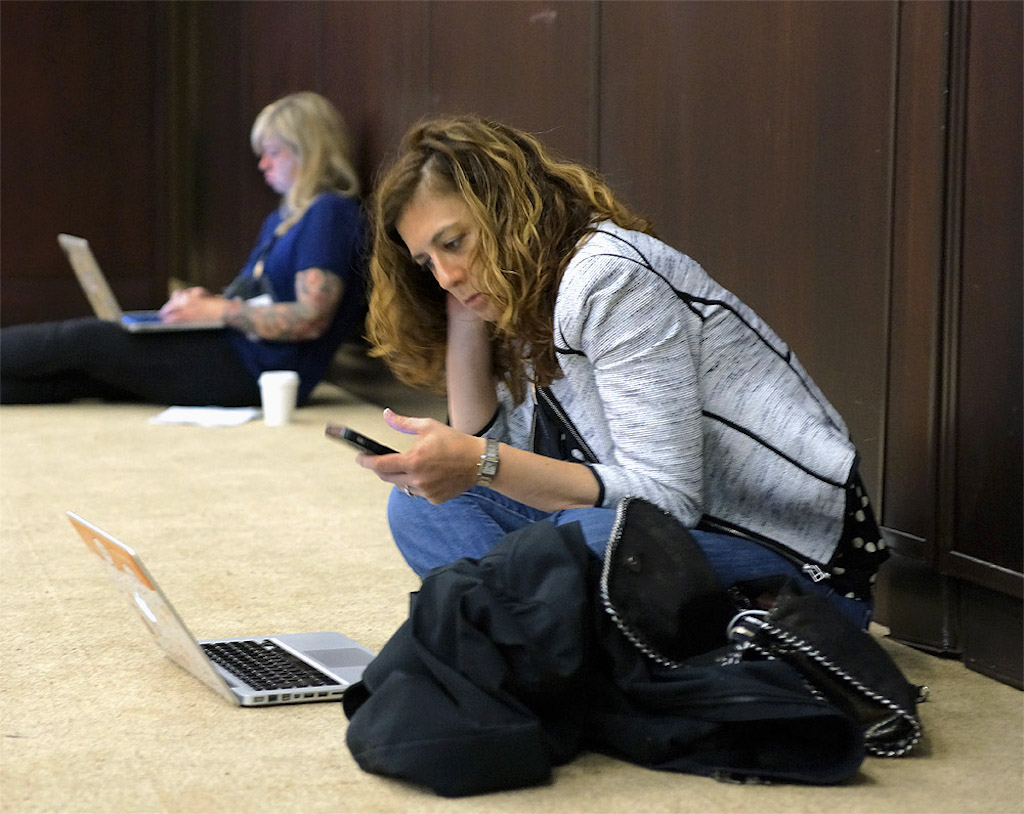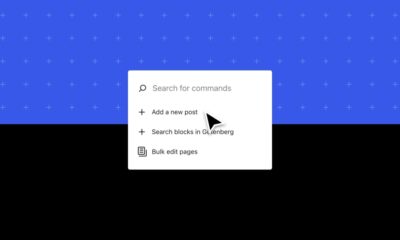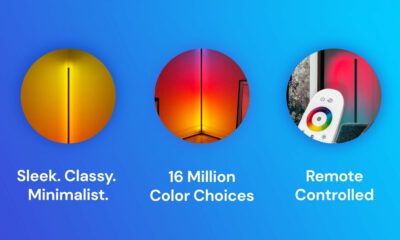SOCIAL
Is it time to disconnect to boost your productivity?

People connected to social media network. — © Digital Journal
There’s an irony that’s soon apparent as you read this article, for it opens up questions about the amount of time you – we – society – are spending online and whether this is the most productive use of time.
The general consensus is that too many people are flittering around online well past the point of productivity.
For example, U.K. adult Internet users spend almost four hours online a day, with three of those spent on smartphones. Young adults continue to spend the most amount time online, with 18-24 year-olds spending an average of 5 hours 6 minutes online each day.
The fact that so many people are connected 24/7 has also changed the way the population at large work and live.
For those who stay offline, Internet experts from Diggity Marketing have provided Digital Journal with some ways to tackle the problem. These ideas are:
Schedule tech-free time
It is perfectly acceptable not to be online. One of the worst aspects of self-doubt occurs when we tell ourselves is that being online more equates to more productivity. The best thing to do is schedule moments without technology every day. Turn off your devices and spend some time reading a book or playing board games with your friends and family.
Use time tracking apps
If you can look at how much time you spend each day doing certain things, you are probably less likely to waste a bunch of time on the Internet.
The easiest way to do this is by using an extension like RescueTime, ManicTime, TimeDoctor or TimeCamp.
Use apps to block familiar time-wasting sites
You are more likely to consume than create when you are using a digital device. Invariably it is tempting to visit sites like Facebook, Reddit, Quora, and many others.
For those with less self-control, there are different apps that you can use to block them for a predetermined period of time. Examples are:
- Self Control
- Cold Turkey
- Focus
- FocalFilter
Set up an offline device
Consider setting up one of your devices to be WiFi-free. You do not have to stop using technology to disconnect from the Internet. You may find this setup to be particularly helpful if you need to spend your time focused on a task, such as reading, writing, or drawing.
Disable unnecessary notifications
Put your phone in Do Not Disturb mode when you’re working and don’t keep social media apps and sites open during the day. As an alternative, check them at specific times instead.
Accept that not every message or email can be answered
It’s impossible to live a healthy life at the same time as answering each and every message or email. Dedicate an hour to answering your work emails and another half an hour later to answer all of those backed-up messages from your friends and family.
Never ‘Just Browse’
Many people have tendencies to ‘just browse’ and watch that endless string of videos and images on Instagram and TikTok. Their algorithms are designed to keep you engaged at all times. In fact, they need just a couple of hours to ‘figure you out’ and drive you deep into rabbit holes of content that are hard to escape.
Go outside without a phone
It can be refreshing to remind yourself that the outside world still exists. Realizing that each random passer-by is living a life as vivid and complex as your own can do wonders for your mental health.
As an example, too much social media use can lead to decreased, disrupted, and delayed sleep, which, in turn, is associated with depression, memory loss, and poor academic performance



















You must be logged in to post a comment Login